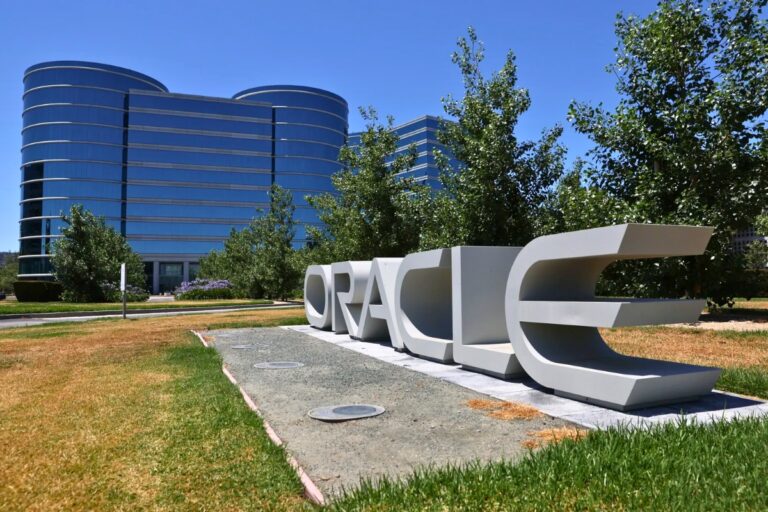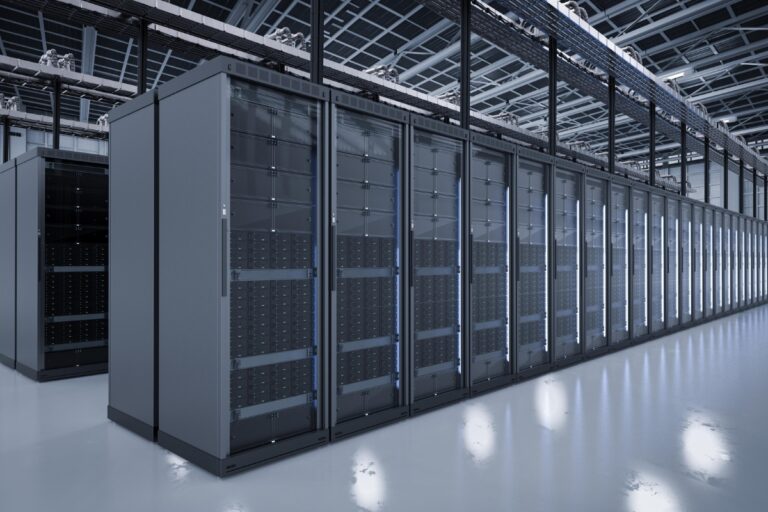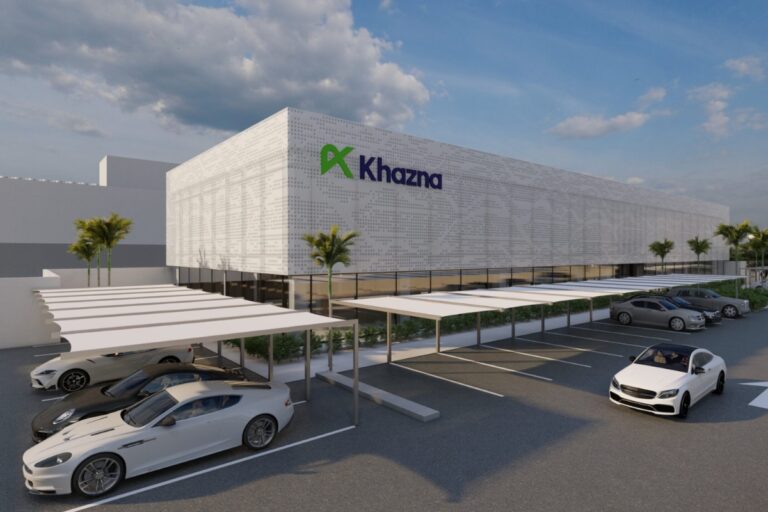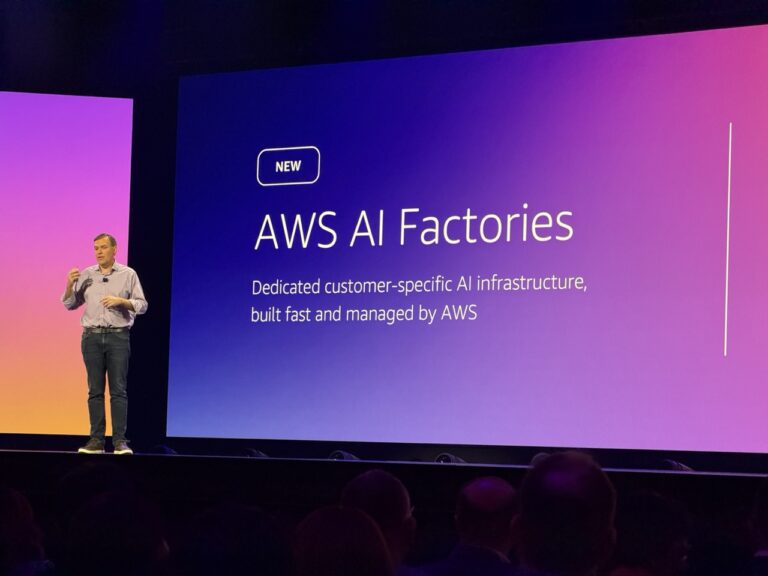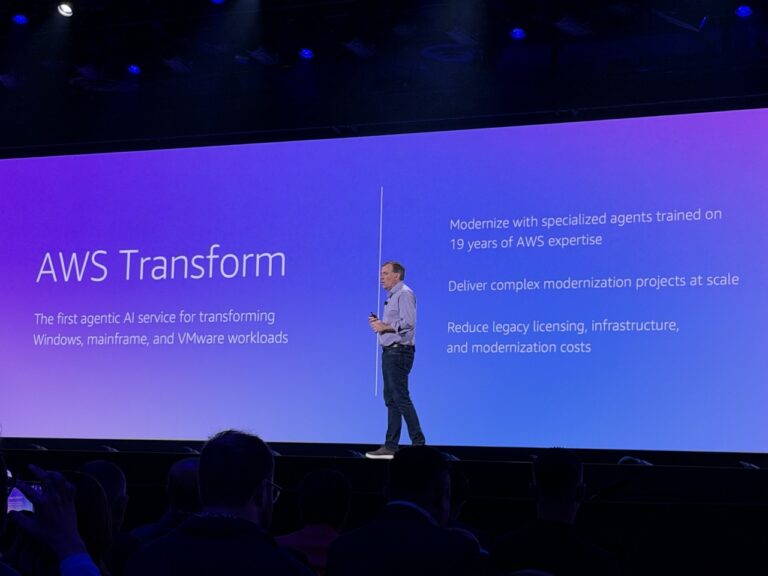Beyond the Cloud: Data Centers Are Going Orbital

After building on land and submerging underwater, the next frontier for data centers seems to be space, according to an ambitious US startup. Starcloud, formerly Lumen Orbit, is the company behind the new idea of deploying a data center in orbit around Earth. If everything goes as planned, it could have an orbital data center by 2026.
The plan is to launch a small, 60kg satellite into orbit that is equipped with Nvidia H100 GPUs and AI accelerators. According to the company, this could be a major breakthrough for computing and addressing the rising demand for data centers on Earth.
Of course, there is already computing power in space, but this will elevate it further. Nvidia claims the compact, refrigerator-sized unit will deliver GPU performance up to 100 times greater than any previous space-based computing system.
Though it may seem outlandish, the idea isn’t without merit, as space-based data centers could provide several important benefits over those on Earth. The main advantage is continuous, unlimited access to renewable energy from sunlight. Unlike on Earth, there’s no atmosphere, no clouds, and very little dust. This results in higher energy yields because more sunlight reaches the panels, and there’s no need for cleaning or maintenance.
Another key advantage is cooling. On Earth, data centers require significant amounts of water and power to maintain operational temperature ranges and prevent overheating. In space, there’s no need for water-based cooling, since excess heat can be emitted as infrared radiation, with the vacuum of outer space acting like a massive heat sink.
It is not all positive, however, as this approach has many limitations. The main issue is that launching cargo to space is extremely costly, especially for heavy electronics like those in data centers. Currently, shipping just one kilogram into orbit costs at least $1,000. Since a single server rack weighs between 15 and 25 kilograms, expenses quickly add up.
Starcloud remains optimistic. The startup believes its data centers will be cost-effective even after including launch expenses. This could hold over the long run, since operating costs are low in space. The company’s co-founder and CEO, Philip Johnston, is even more optimistic, boldly predicting: “In ten years, nearly all new data centers will be built in outer space.”
Sustainability also seems to be part of Starcloud’s plans. “The only environmental cost will come from the initial launch,” notes Johnston. “After which these facilities will produce ten times less carbon dioxide over their lifetime compared to traditional Earth-based data centers.”
Since they don’t have a traditional power bill, orbital data centers might not need upgrades to stay competitive. They can operate longer on older chips, even when regular data centers are forced to upgrade to newer models. However, upgradability isn’t the only concern for data centers, as components tend to fail over time, and continuous service is essential. These data centers might have lower failure rates, but they are virtually impossible to repair.
Looking back at Microsoft’s Project Natick, which operated underwater servers for years before ending, it’s clear what could go wrong with orbital data centers. Of course, Project Natick was research-focused, so it was never meant to run permanently. Still, it revealed the drawbacks of building data centers too far away: maintenance is difficult or practically impossible, and connectivity will always be inferior to that of terrestrial data centers.
Space-based computing faces other major risks: disruptions from solar flares, collisions with orbital debris, and threats from hostile nations. Still, advocates remain optimistic. They realize that proving orbital data centers are financially viable will take time, but they believe the benefits far outweigh the difficulties.





















